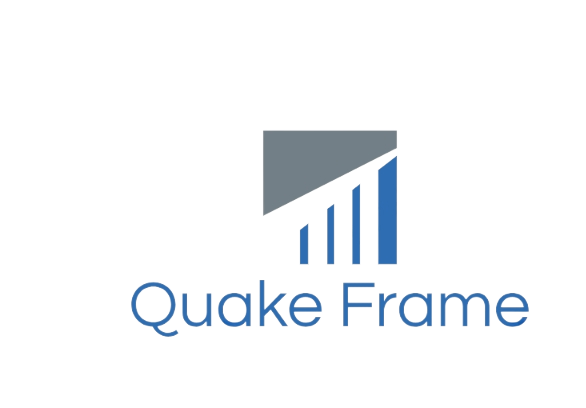Securing a business loan is a significant step for entrepreneurs and business owners looking to expand, invest, or manage cash flow. However, navigating the complexities of loan regulations can be overwhelming. Understanding these regulations is crucial to ensure that your business complies with legal standards and secures the necessary funding without unnecessary risk.
The Importance of Regulations in Business Loans
Regulations surrounding business loans are put in place to protect both the borrower and the lender. These regulations ensure transparency, safeguard against fraud and establish a clear framework for lending practices. As a business owner, having a thorough understanding of these rules will not only streamline the loan application process but also prevent potential legal complications down the road.
Key Components of Business Loan Regulations
1. Eligibility Requirements
Before applying for a business loan, it is essential to meet the basic eligibility criteria set by lenders and financial institutions. These criteria may include the length of time your business has been operating, credit history, and financial performance. For example, if you are applying for a business mortgage, you may also be required to meet property-related conditions alongside financial ones.
2. Types of Business Loans
Business loans can vary significantly depending on the purpose and structure. Common types include working capital loans, equipment financing, and expansion loans. Additionally, a business mortgage may be necessary for acquiring or developing commercial real estate, requiring adherence to specific property-related regulations.
3. Interest Rates and Repayment Terms
Interest rates are influenced by both the type of loan and the regulations governing them. Fixed or variable interest rates, as well as repayment periods, are subject to regulatory standards designed to protect both parties from unfavourable financial terms. Ensuring you understand these terms helps you make an informed decision about the loan best suited to your needs.
4. Documentation and Compliance
Regulatory bodies require thorough documentation for business loans to maintain accountability and transparency. Business owners must provide financial statements, tax returns, and other documentation that proves the viability of the business and its ability to repay the loan.
5. The Role of Regulatory Authorities
Several regulatory bodies oversee business loans in the UK, such as the Financial Conduct Authority (FCA). These institutions enforce regulations to ensure fair lending practices, monitor risk, and protect consumers. Staying updated on changes in regulations through these bodies is essential to remain compliant.
Benefits of Adhering to Business Loan Regulations
Adhering to the regulations surrounding a business loan not only helps in securing the loan but also builds trust with lenders and partners. Compliance ensures that your business operates within legal boundaries, which can lead to better loan terms and future financial opportunities.
The world of business loans and regulations can be intricate, but with a clear understanding of the key components, you can make informed decisions. Whether seeking working capital, expansion finance, or a business mortgage, staying compliant with regulatory standards is the foundation for a successful financial journey.

